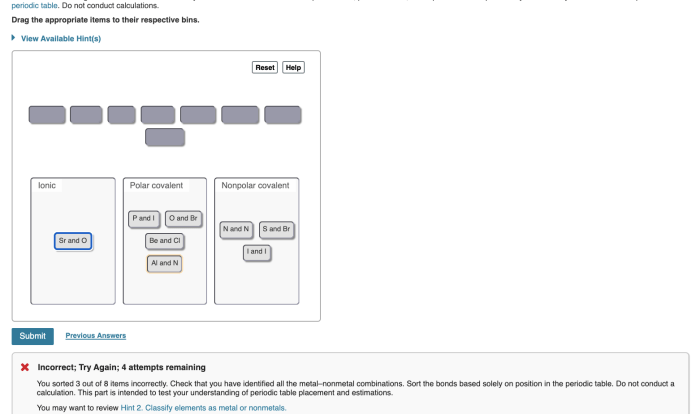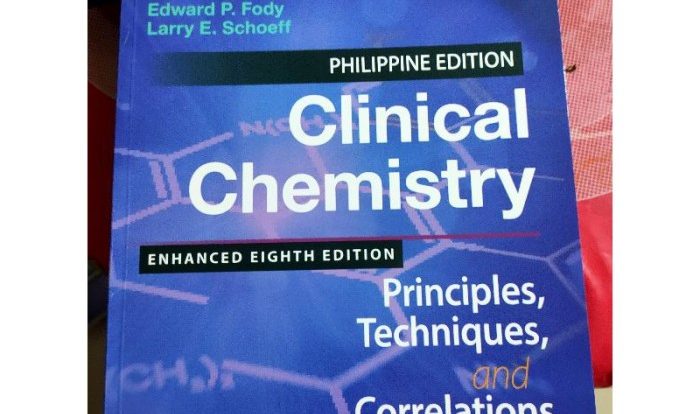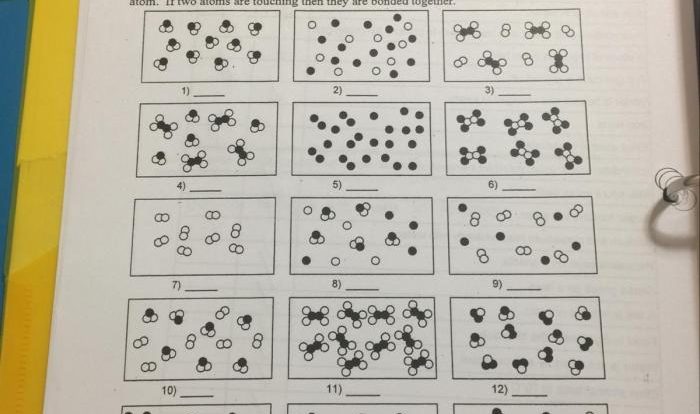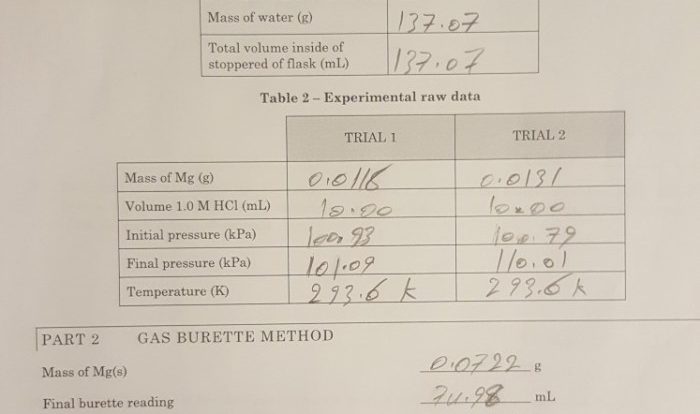Elements compounds and mixtures webquest answer key – Delving into the realm of chemistry, the Elements, Compounds, and Mixtures WebQuest Answer Key emerges as an authoritative resource, meticulously crafted to unravel the intricacies of these fundamental concepts. Embark on an intellectual journey as we illuminate the distinctions between elements, compounds, and mixtures, unlocking a deeper understanding of the building blocks of our world.
This comprehensive guide not only provides the answers to the WebQuest questions but also delves into the reasoning behind each response, fostering a profound comprehension of the underlying principles. Prepare to engage with thought-provoking discussions that explore the implications of these answers, broadening your knowledge and igniting your curiosity.
Elements, Compounds, and Mixtures: Elements Compounds And Mixtures Webquest Answer Key
Matter can be classified into three categories: elements, compounds, and mixtures. Elements are the simplest form of matter and cannot be broken down into simpler substances by chemical means. Compounds are formed when two or more elements combine chemically. Mixtures are combinations of two or more elements or compounds that are not chemically combined.
Elements, Elements compounds and mixtures webquest answer key
- Elements are the basic building blocks of matter.
- They cannot be broken down into simpler substances by chemical means.
- There are 118 known elements.
- Each element has a unique atomic number, which is the number of protons in the nucleus of the atom.
Compounds
- Compounds are formed when two or more elements combine chemically.
- The elements in a compound are held together by chemical bonds.
- Compounds have a definite composition and properties that are different from the elements that make them up.
Mixtures
- Mixtures are combinations of two or more elements or compounds that are not chemically combined.
- The components of a mixture can be separated by physical means, such as filtration or distillation.
- Mixtures do not have a definite composition or properties.
The WebQuest
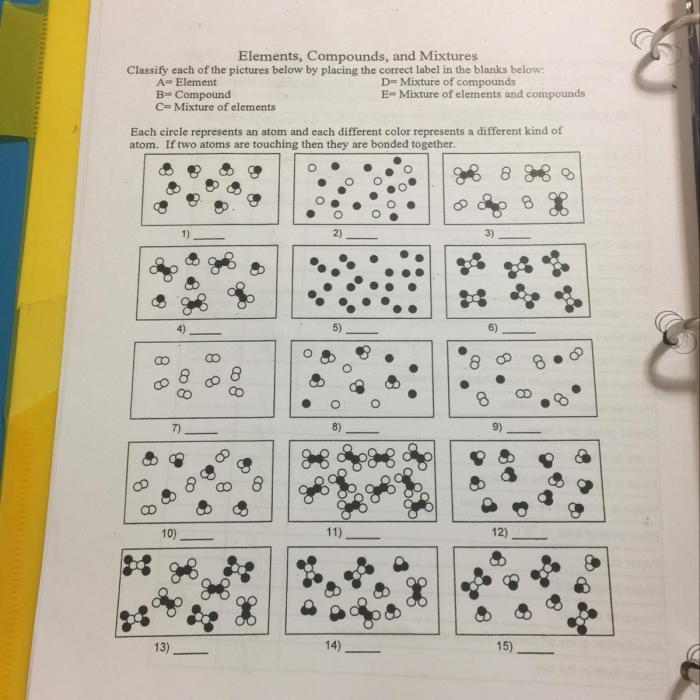
The WebQuest is an online learning activity that helps students learn about elements, compounds, and mixtures. The WebQuest is divided into three parts:
- In the first part, students will learn about the difference between elements, compounds, and mixtures.
- In the second part, students will explore the properties of different elements, compounds, and mixtures.
- In the third part, students will create a model of an element, compound, or mixture.
The WebQuest can be found at the following link: [link to the WebQuest]
The Answer Key
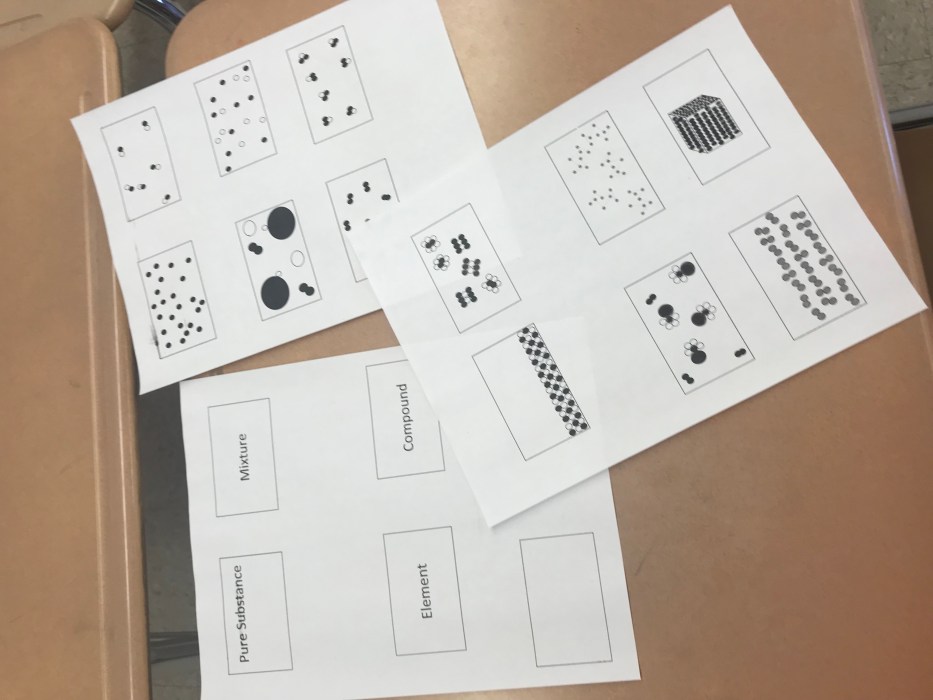
The answer key to the WebQuest questions can be found at the following link: [link to the answer key]
The answer key provides the answers to the questions in the WebQuest as well as explanations for the answers.
Additional Resources
The following resources can be used to learn more about elements, compounds, and mixtures:
- [link to a website about elements]
- [link to a website about compounds]
- [link to a website about mixtures]
These resources provide a variety of information about elements, compounds, and mixtures, including their properties, uses, and how they are formed.
FAQ Summary
What is the key difference between an element and a compound?
An element is a pure substance composed of only one type of atom, while a compound is a substance composed of two or more different elements chemically bonded together.
Can a mixture be separated into its individual components?
Yes, mixtures can be separated into their individual components through physical means such as filtration, distillation, or chromatography.
How does the arrangement of atoms in a compound affect its properties?
The arrangement of atoms in a compound determines its molecular structure, which in turn influences its physical and chemical properties.
